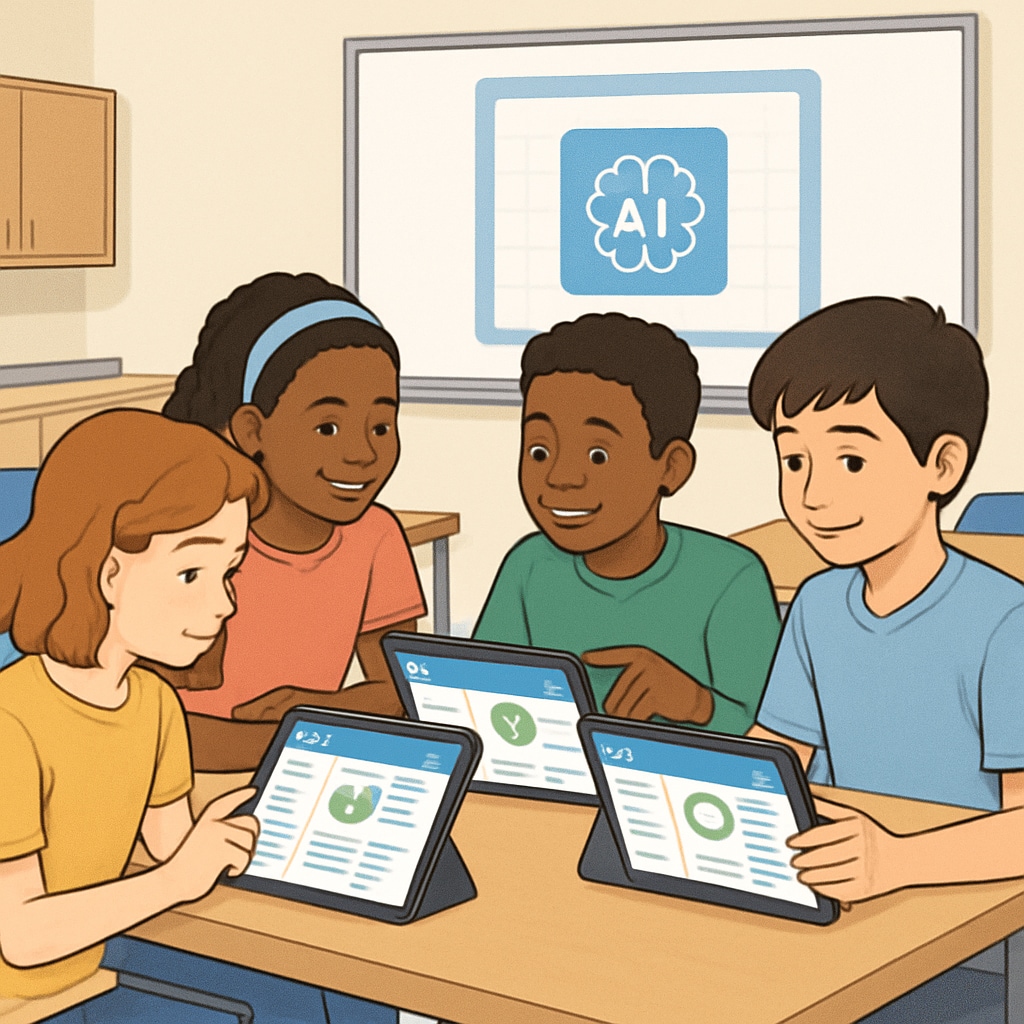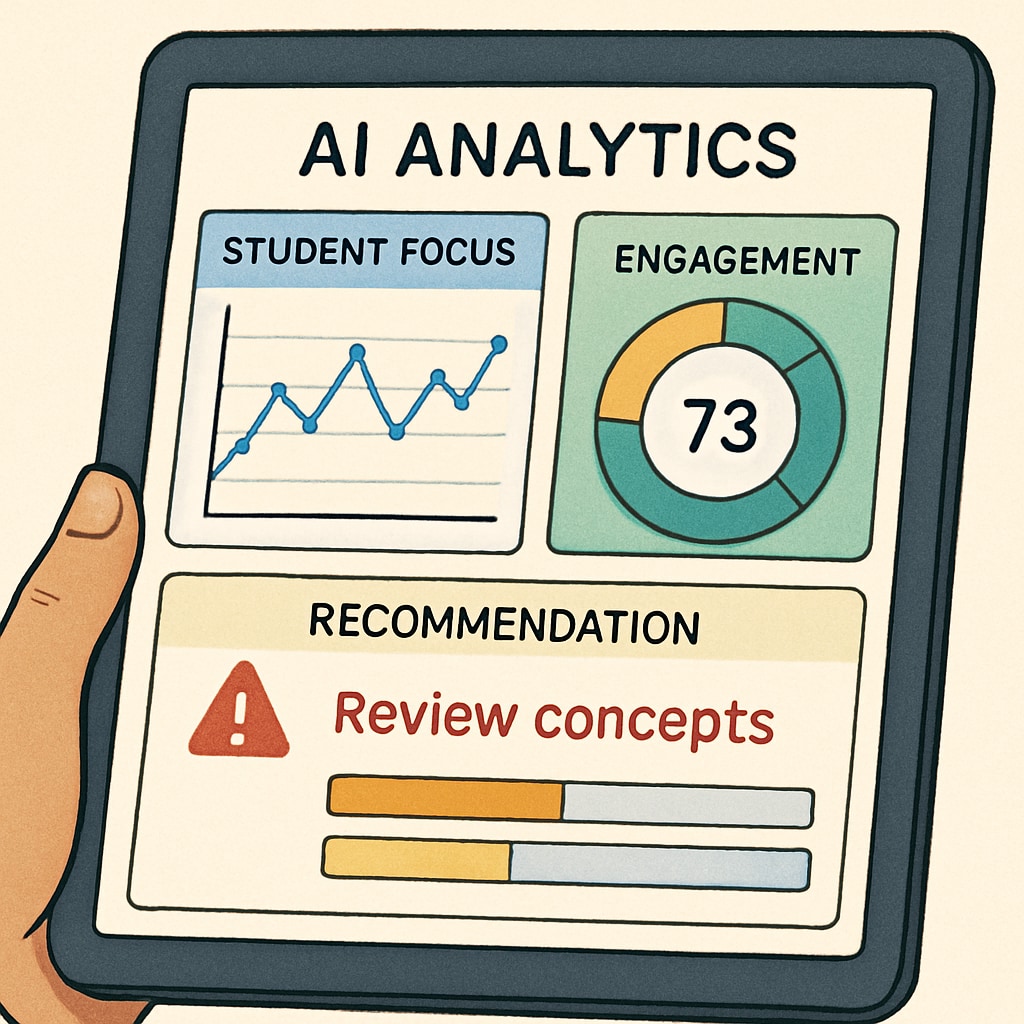Productivity applications with AI feedback and deep work tracking are transforming K12 education by creating more engaging and effective learning environments. As artificial intelligence continues to advance, these smart tools offer unprecedented opportunities to personalize instruction and optimize classroom workflows.

The Evolution of Educational Productivity Tools
Modern education technology has progressed far beyond simple digital worksheets. Today’s AI-powered platforms combine three revolutionary capabilities:
- Intelligent time management: Systems automatically track study patterns using deep work analysis (similar to methods described in Wikipedia’s deep work concept)
- Personalized feedback: Machine learning algorithms provide real-time suggestions tailored to individual learning styles
- Conversational interfaces: Chat-based help functions allow natural interaction with educational content
Enhancing Student Focus Through AI Monitoring
The prototype application demonstrates remarkable results in improving concentration. By analyzing micro-patterns in student behavior, the system can:
- Identify optimal learning periods for each individual
- Suggest timely breaks to prevent cognitive fatigue
- Adjust content difficulty dynamically based on engagement metrics
According to research from Britannica’s attention studies, such personalized approaches significantly boost information retention.

Practical Applications for Classroom Implementation
Teachers report three primary benefits when integrating these tools:
- Reduced administrative workload through automated progress tracking
- Enhanced ability to identify students needing additional support
- More meaningful class time through data-driven lesson planning
As education continues evolving, productivity applications with AI feedback and deep work tracking will likely become standard classroom tools, fundamentally changing how students learn and teachers instruct.


